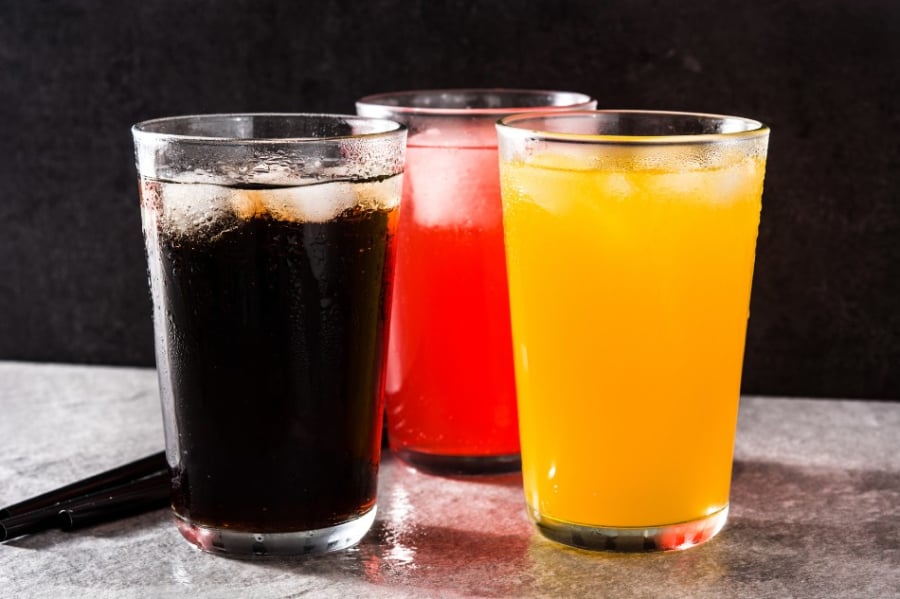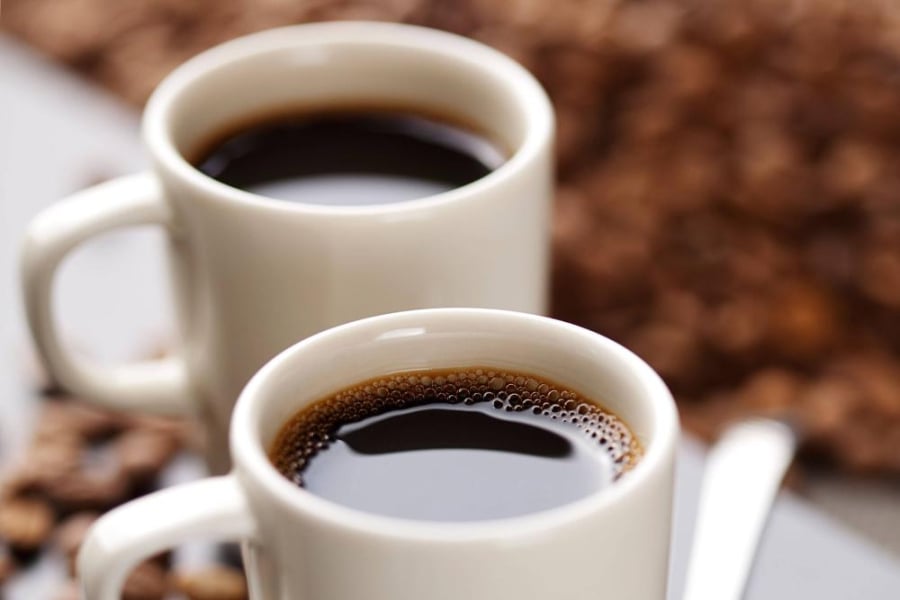1. Carbonated Soft Drinks
Carbonated soft drinks are loaded with sugar, high fructose corn syrup, and additives like phosphoric acid, which can increase the risk of kidney stones and impair kidney function. Excessive consumption of soft drinks is also linked to diabetes and obesity, putting extra strain on the kidneys.
Recommendation: Limit your intake of carbonated soft drinks. Opt for water or unsweetened herbal tea instead.
2. Alcoholic Beverages
Alcohol, including beer and spirits, increases pressure on the kidneys due to the high volume of toxins they need to filter. Excessive alcohol consumption can lead to dehydration, reducing the kidneys’ ability to function properly and causing long-term damage.
Recommendation: Drink alcohol in moderation, if at all, and ensure you stay hydrated to minimize the impact on your kidneys.
3. Energy Drinks
Energy drinks typically contain high levels of caffeine, taurine, and sugar, which put a strain on the kidneys as they process these substances. Regular consumption can lead to kidney stone formation, high blood pressure, and chronic kidney disease.
Recommendation: Avoid excessive consumption of energy drinks, especially if you have a history of kidney problems. Opt for fresh fruit juices or natural coconut water instead.

4. Diet and “Sugar-Free” Drinks
Diet or “sugar-free” drinks often contain artificial sweeteners like aspartame or sucralose. While generally safe in moderation, long-term consumption can stress the kidneys, especially for those with existing kidney issues.
Recommendation: Read product labels and choose natural waters or unsweetened tea to minimize your intake of artificial sweeteners.
5. Coffee and Strong Tea
Coffee and tea contain caffeine, and excessive consumption can lead to dehydration and increased pressure on the kidneys. Some types of tea, such as black tea, contain oxalates, which may increase the risk of kidney stones in sensitive individuals.
Recommendation: Limit your coffee and tea intake to moderate levels (1-2 cups per day) and ensure you stay adequately hydrated with water.

6. Packaged Fruit Juices
Packaged fruit juices often contain added sugars and preservatives, putting a strain on the kidneys as they filter the excess sugar. They also lack the fiber found in whole fruits.
Recommendation: Make your own fruit juices at home, avoid adding extra sugar, and consume in moderation.
7. Salt Water or High-Sodium Drinks
Drinking water with high salt content (such as some untraceable mineral waters) can increase blood pressure and stress the kidneys, especially in individuals with chronic kidney disease.
Recommendation: Choose mineral water with low sodium content and always check the product labels.
To maintain kidney health, prioritize drinking water (around 1.5-2 liters per day, depending on your weight and activity level) and incorporate healthy alternatives such as coconut water, unsweetened herbal tea, or fresh fruit juices. If you have a history of kidney disease or other health concerns, consult your doctor before making significant changes to your fluid intake.





































